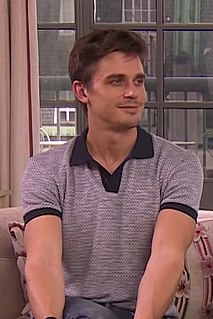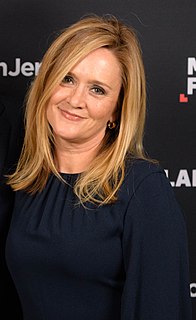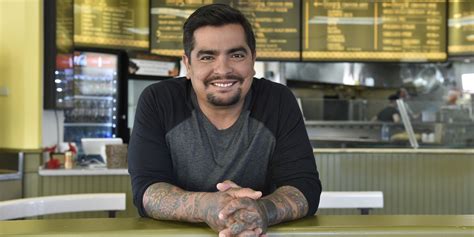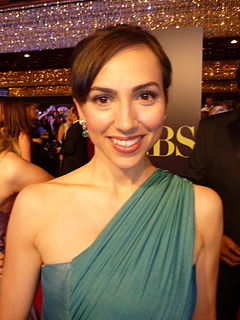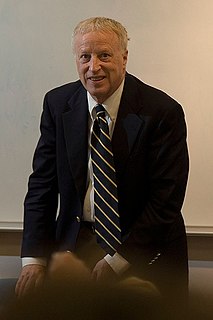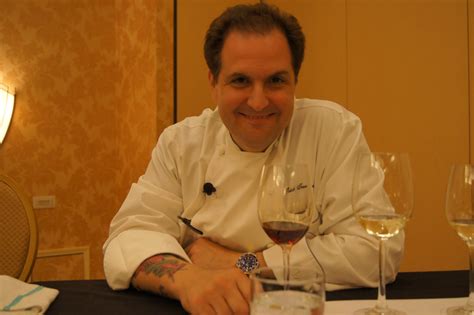A Quote by Antoni Porowski
There's so much that can be learned from French cooking, especially really traditional, more modest meals.
Quote Topics
Related Quotes
'Cooking Lucky' is a show for guys - or girls - or really for anyone who is all thumbs in the kitchen and needs some help cooking meals that are so incredibly impressive they make it look like you've been slaving in the kitchen all day when in reality, they are so effortless to put together that even a moron can do it.
Economic theorists, like French chefs in regard to food, have developed stylized models whose ingredients are limited by some unwritten rules. Just as traditional French cooking does not use seaweed or raw fish, so neoclassical models do not make assumptions derived from psychology, anthropology, or sociology. I disagree with any rules that limit the nature of the ingredients in economic models.
In terms of cooking with friends, I realized early on that all great meals seem to start and end in the kitchen, and the more you can get people engaged and hands-on, the better the memories will be. So when people come into your kitchen while you're cooking and prepping and politely ask, "Do you need any help?" the key is to say yes.
In France cooking is a serious art form and a national sport. I think the French enjoy the complication of the art form and the cooking for cooking's sake. You can talk with a concierge or police officer about food in France as a general rule. It is not the general rule here. Classical cuisine, which I hope we are going back to, means certain ways of doing things and certain ways of not doing things. If you know classical French cooking you can do anything. If you don't know the basics, you turn out slop.
